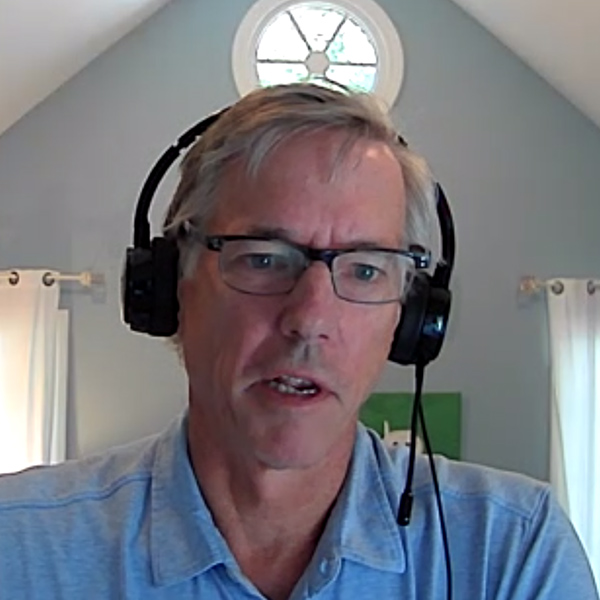
Rhode Island’s climate advocacy community says the state is falling short on its first legislative responsibility under the new Act on Climate to update the state’s GHG emission-reduction plan.
Gov. Dan McKee signed the landmark climate bill in April, but “we haven’t seen a lot of action yet; we haven’t seen that planning process started,” Sue AnderBois, climate and energy program manager at The Nature Conservancy – Rhode Island (TNC), said on Wednesday.
The act calls on the Rhode Island Executive Climate Change Coordinating Council (EC4) to submit the updated plan to the legislature in December 2022. In terms of state planning, “that’s basically tomorrow,” AnderBois said during a New England Women in Energy and the Environment (NEWIEE) Rhode Island chapter panel discussion on 2021 legislative activity.
In early July, TNC, along with other climate advocates, sent a memo to the governor urging him to get the planning process started.
The memo, according to AnderBois, also outlined key priorities for the planning process, including focusing on justice and equity through a robust stakeholder process. In addition, the group called for clear development timelines and the allocation of resources necessary for state staff to accomplish the plan.
The Resilient Rhode Island Act established EC4 in 2014, and the council’s advisory board has made some recent progress to identify how the plan will meet the environmental justice requirements of the new climate law. In June, the board considered public recommendations for the organizations that should be included in a review of the state’s environmental justice priorities. Among those organizations were food sovereignty groups, first nations and housing justice groups.
There has only been one EC4 meeting since passage of the climate law, during which members reviewed the new law and heard from the advisory board on climate justice priorities.
McKee held a climate-related public meeting at the end of August as part of a weekly Community Conversations series on a broad range of issues that will shape a vision for the state through 2030.
“I sent a letter [in August] to call on the cabinet members in the state of Rhode Island to design their fiscal year budgets in a way that addresses the state’s goals to be prepared for climate change, to create affordable, sustainable pathways towards a net-zero future,” he said during the meeting. That work, he added, “will take a statewide approach, engaging many different experts and constituents.”
Speaking during the community meeting, Rep. Terri Cortvriend, a sponsor of the Act on Climate, said state and local leadership need to have climate plans in place to take advantage of anticipated funding under the federal budget reconciliation bill.
“Passing the Act on Climate was a big deal in determining our future, but now we need to develop and implement the plans called for in the law, and to that end, I think we need to make sure that the EC4 has the tools and resources that they need to be successful,” Cortvriend said.
Advocates’ Priorities
AnderBois set out TNC’s priorities for the next legislative session during the NEWIEE webinar. Those priorities include establishing an enforceable 100% renewable energy target and passing a law to authorize state participation in the Transportation and Climate Initiative program (TCI-P).
A bill (S0629/H5762) to establish a 100% renewables target for 2030 passed the Senate in June but didn’t make it through the House before the end of the legislative session. The Transportation Emissions and Mobile (TEAM) Community Act (S0872A /H6310), which would codify TCI-P, met a similar fate.
There was speculation at the end of the session that the TEAM Act could be taken up during a special fall session. While dates for the session have not been announced, AnderBois told NetZero Insider that TNC remains hopeful that the bill would be on the legislative agenda if the legislature does hold that session.
Cortvriend said during the Community Conversation event that she looks forward to passing the TEAM Act in the coming session.
“This is an important component of meeting our goals, as transportation is responsible for 36% of greenhouse gas emissions in our state,” she said. “I’m happy to hear that the governor is supportive of this plan, and this will provide another funding stream to help us transform the transportation sector.”
Finding a legislative pathway to encourage responsible solar siting in the state also is on TNC’s priority list for next year.
That pathway would allow the state to aggressively expand clean energy investments while protecting open spaces and forests, AnderBois said.
“Advocates are trying to work with industry and other stakeholders to figure out what we need to do to really design incentives for development to push it to places that would be more ‘preferred,’ like rooftops and former industrial sites,” she said.


